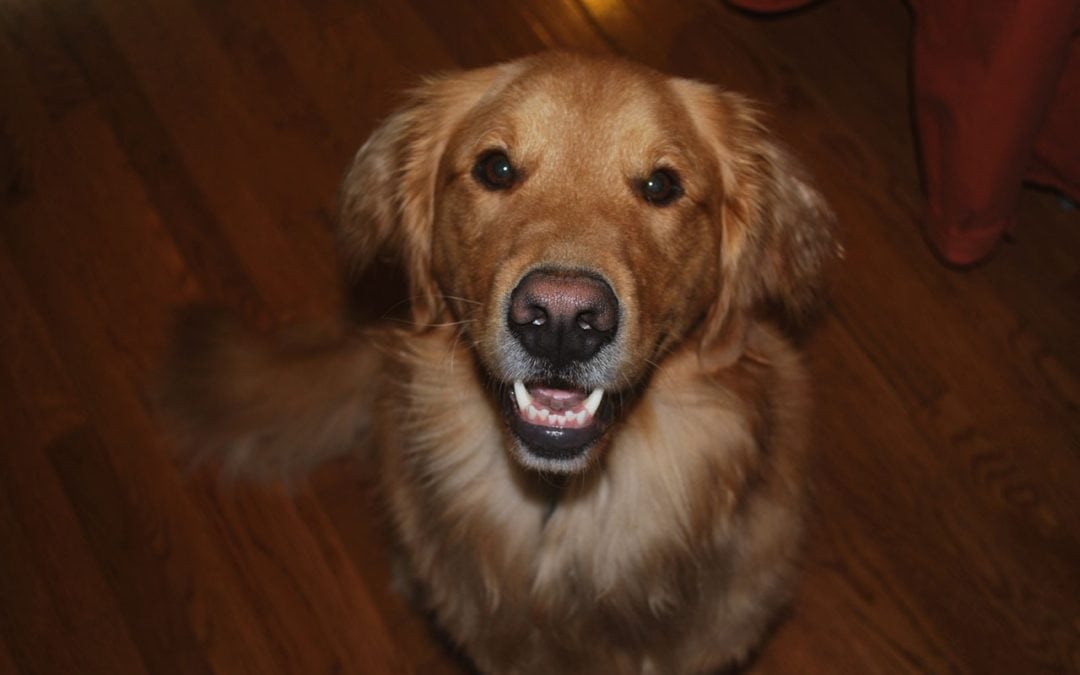In addition to offering in-clinic care for your pet, we also want to help you keep their teeth healthy at home. Today, the Medway Animal Hospital team has some tips for pet owners who want to go the extra mile for their pet’s oral health. Maintaining a healthy mouth is essential to your pet’s overall well-being. Dental disease can lead to bad breath, painful chewing and tooth loss. Regular dental examinations and professional cleanings are important to maintaining your pet’s dental health. An uncomfortable mouth can lead to an unhappy pet. Let’s talk about how we can help you care for your pet’s dental needs.
According to the American Veterinary Dental Society, more than 80 percent of dogs have some degree of dental disease by 3 years of age. Your pup doesn’t have to be a statistic. Below are three ways to prevent dental disease in your dog.
How To Brush Your Dog’s Teeth:
- Choose the right toothbrush—There are dog toothbrushes that closely resemble human toothbrushes, but they are smaller and have softer bristles. Some dogs better tolerate a finger toothbrush, which fits over your finger and gives you the ability to access some of those hard-to-reach teeth.
- Use a dog-friendly toothpaste—Fluoride is toxic to dogs, so never use a human toothpaste on your pup. There are many pet-friendly options (and they often come in flavors your dog will love, like beef or poultry). If you’d rather make your own, mix 1 tablespoon baking soda with 1 teaspoon water.
- Wear him out—Brushing your dog’s teeth will usually be easier if he’s tired and calm. Take him for a long walk or let him run around the dog park for a while before attempting to clean his teeth.
- Brush his teeth—Working in circular motions, you’ll begin in the back of the mouth and move toward the front. Focus on the outside surface of each tooth because that’s where most of the plaque and tartar will build up. If he tolerates it, then work on the inside surface of each tooth.
- Don’t force it—If your dog shows signs that he is scared or uncomfortable, stop brushing, give him affection, offer a treat, and try again tomorrow.
Give food, treats, and toys that promote oral health
There are some dog foods and treats specifically formulated to address dental disease in dogs. Chew toys can help prevent plaque buildup.
Visit our hospital for regular preventive care visits
Your dog should visit us at least once per year so we can evaluate his overall health, including his oral health. Depending on the condition of his teeth, we may recommend a professional dental cleaning for your dog, which gives us the ability to remove bacteria from above the gum line to prevent gum disease.
If you have questions about your dog’s dental health or would like to schedule an appointment, please contact our office! You can read more about our dental services here.

